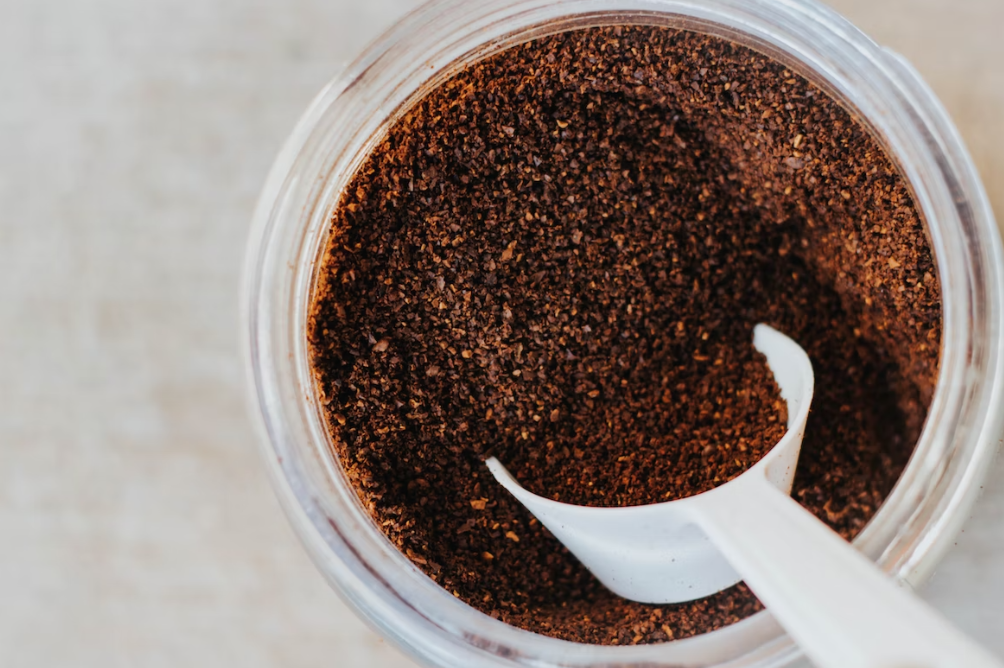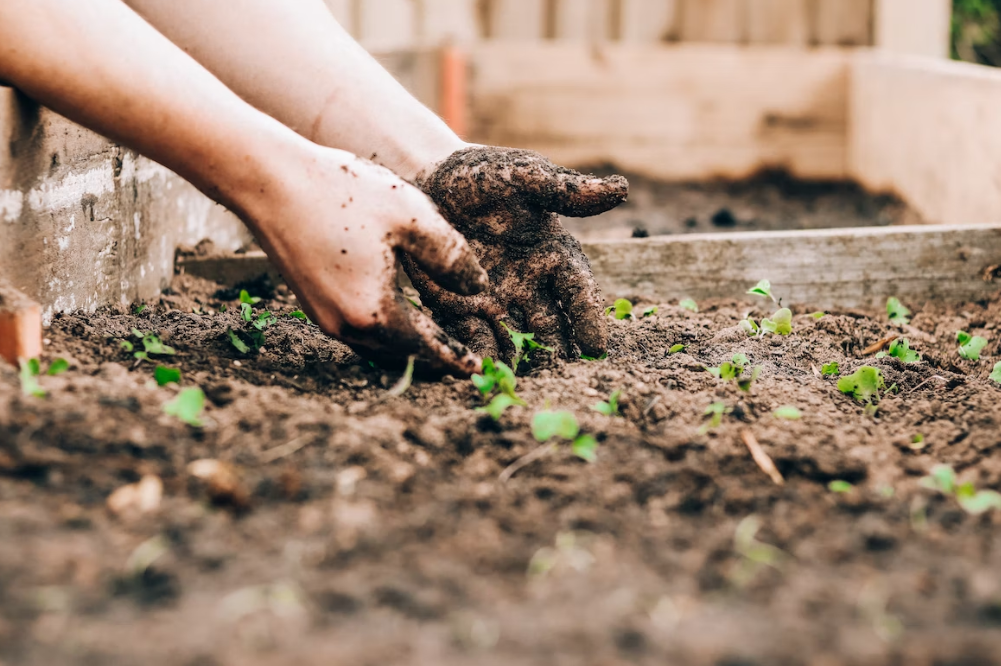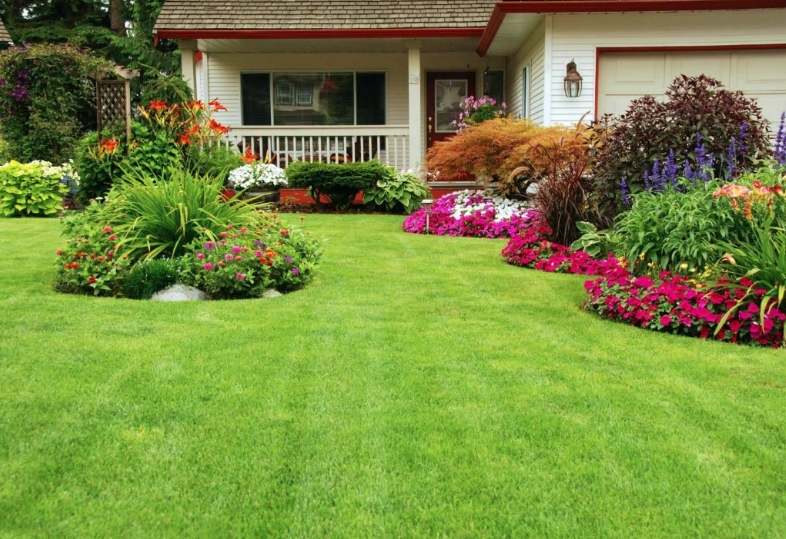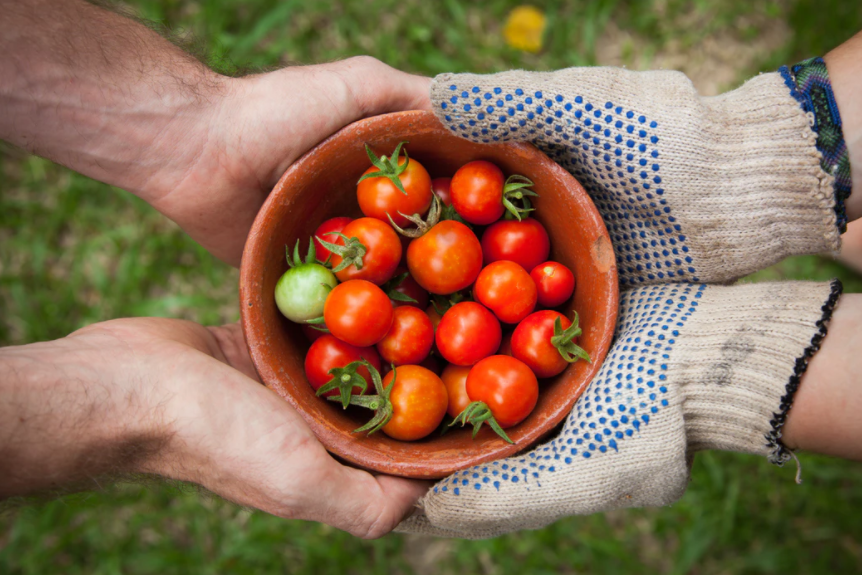Coffee Grounds in the Garden – A Surprisingly Effective Tool

Most people know that coffee is a great way to start the day. However, you may not know that coffee can also be used as a tool in your garden!

Photos By: Unsplash
Believe it or not, using coffee grounds in the garden can be a surprisingly effective way to improve your soil and help your plants grow. We have partnered with Glasshouse Mountains Coffee Company to help you learn more about how you can use coffee grounds in the garden.
Before we get started, it’s important to note that coffee grounds should not be used as the sole amendment to your soil. Instead, you should use them in conjunction with other organic matter like compost. Coffee grounds provide a good source of nitrogen, an essential nutrient for plants. However, too much nitrogen can result in leggy growth and fewer blooms. So, it’s important to use coffee grounds in moderation. With no further ado, these are some ways to use coffee grounds in the garden:
1. Improve Soil Structure
If your soil is heavy and clay-like, coffee grounds can help to improve its structure. Simply work the coffee grounds into the soil before planting. You can also add them to compost to help aerate the mixture. In addition, it will help your plants’ roots to penetrate the soil more easily.
2. Feed Your Plants
Coffee grounds are a great source of nitrogen, an essential plant nutrient. They can also help improve the soil’s structure, as we mentioned before. To use coffee grounds as plant food, simply mix them into the soil around your plants. You can also add them to compost or make a “tea” out of them by soaking them in water overnight.
3. Attract Worms
Worms are essential for healthy soil. They help to aerate the soil and improve its structure. Coffee grounds can help to attract worms to your garden. Simply add them to your compost pile or work them into the soil around your plants. It may take extra time, but eventually, you should see an increase in the number of worms in your garden.
4. Make a Natural Pesticide
Coffee grounds can also be used as a natural pesticide. Mix one cup of coffee grounds with two cups of water to make a coffee ground pesticide. Then, spray the mixture onto the leaves of your plants. This natural pesticide will help to keep pests like aphids and whiteflies at bay. Moreover, it’s safe for both humans and animals.
5. Mulch Your Plants
Mulching is a great way to protect your plants from weeds, pests, and extreme weather conditions. Coffee grounds make excellent mulch. Simply scatter them around the roots of your plants. You can add them to compost or use them as mulch for your potted plants. You must reapply coffee grounds every few weeks, but they will help to keep your plants healthy and weed-free.

Do All Plants like Coffee Ground?
While coffee grounds can benefit many plants, there are factors to consider. Here are some plants that do not respond well to coffee grounds:
Fruiting Plants
Coffee grounds can actually inhibit the growth of fruiting plants like tomatoes and strawberries. This is because coffee grounds release a compound called quebrachitol, which can stunt the development of these plants. So if you want to use coffee grounds in your garden, it’s best to avoid using them around fruiting plants.
Acid-Loving Plants
Coffee grounds are acidic, so they’re best suited for acid-loving plants like azaleas and blueberries. If you have alkaline soil, it’s best to avoid using coffee grounds as they can lower the pH of the soil.
Seedlings
Coffee grounds can also be harmful to seedlings. The high nitrogen levels in coffee grounds can burn the delicate seedlings’ delicate roots. If you want to use coffee grounds in your garden, it’s best to wait until plants are well-established before adding them to the soil.
Is Anybody Gardening With Coffee Grounds successfully?
Coffee grounds in the garden is an interesting topic with many pros and cons. Some people successfully use coffee grounds in their garden, while others have had less than stellar results. Ultimately, it depends on the type of plants you’re growing and your soil conditions. If you want to use coffee grounds in your garden, it’s best to experiment and see what works best for you.
Have you tried utilizing coffee grounds in your garden? What were your results? Let us know in the comments below!






